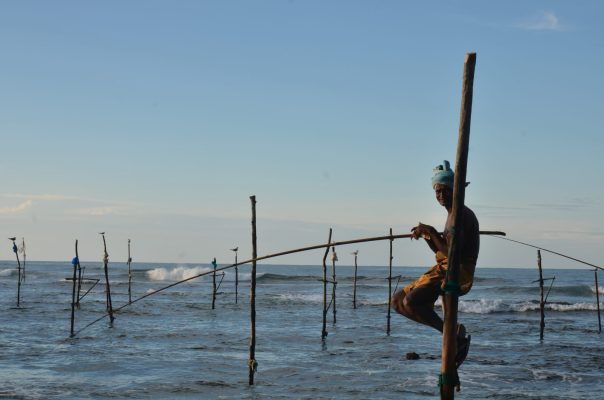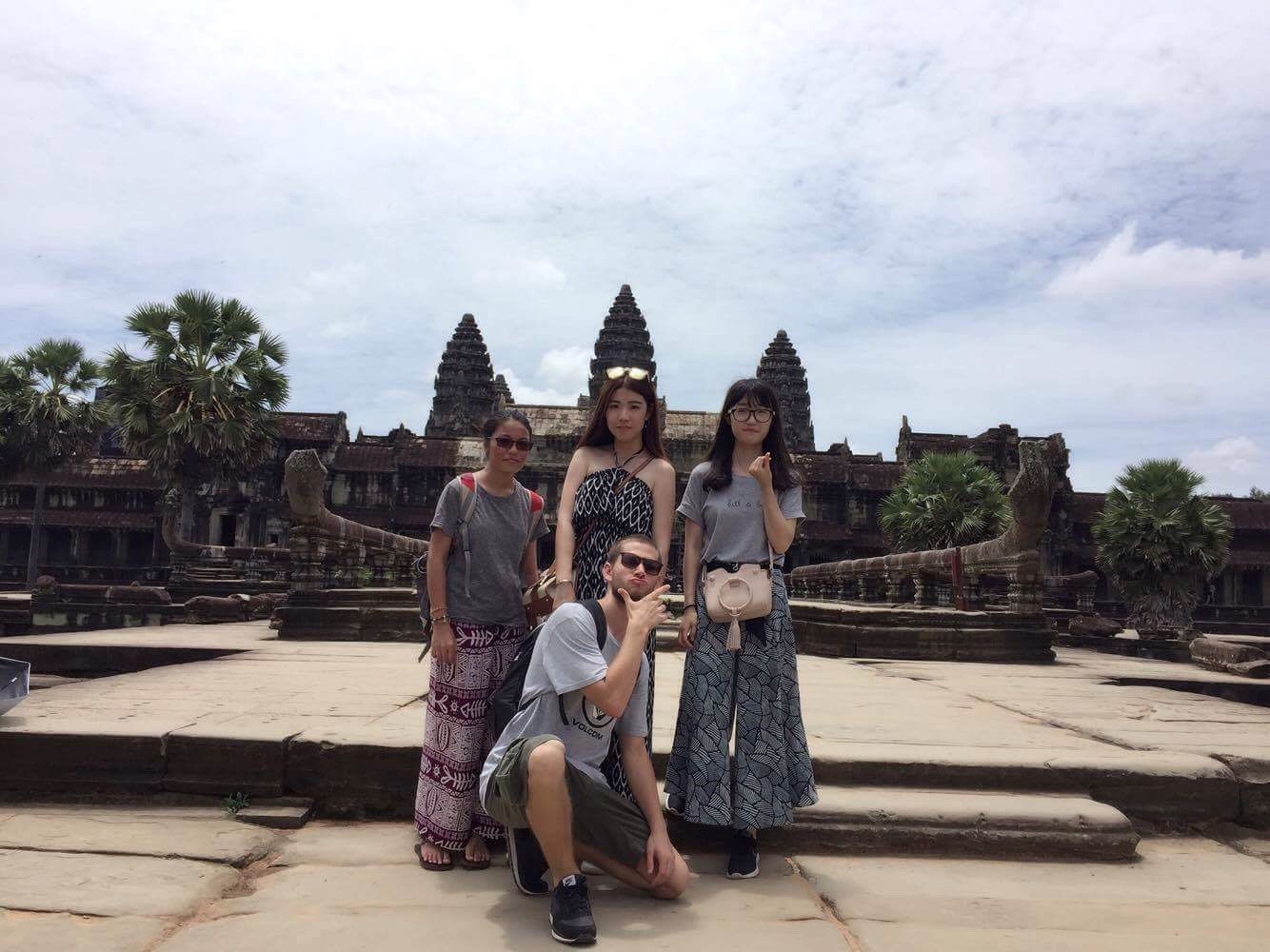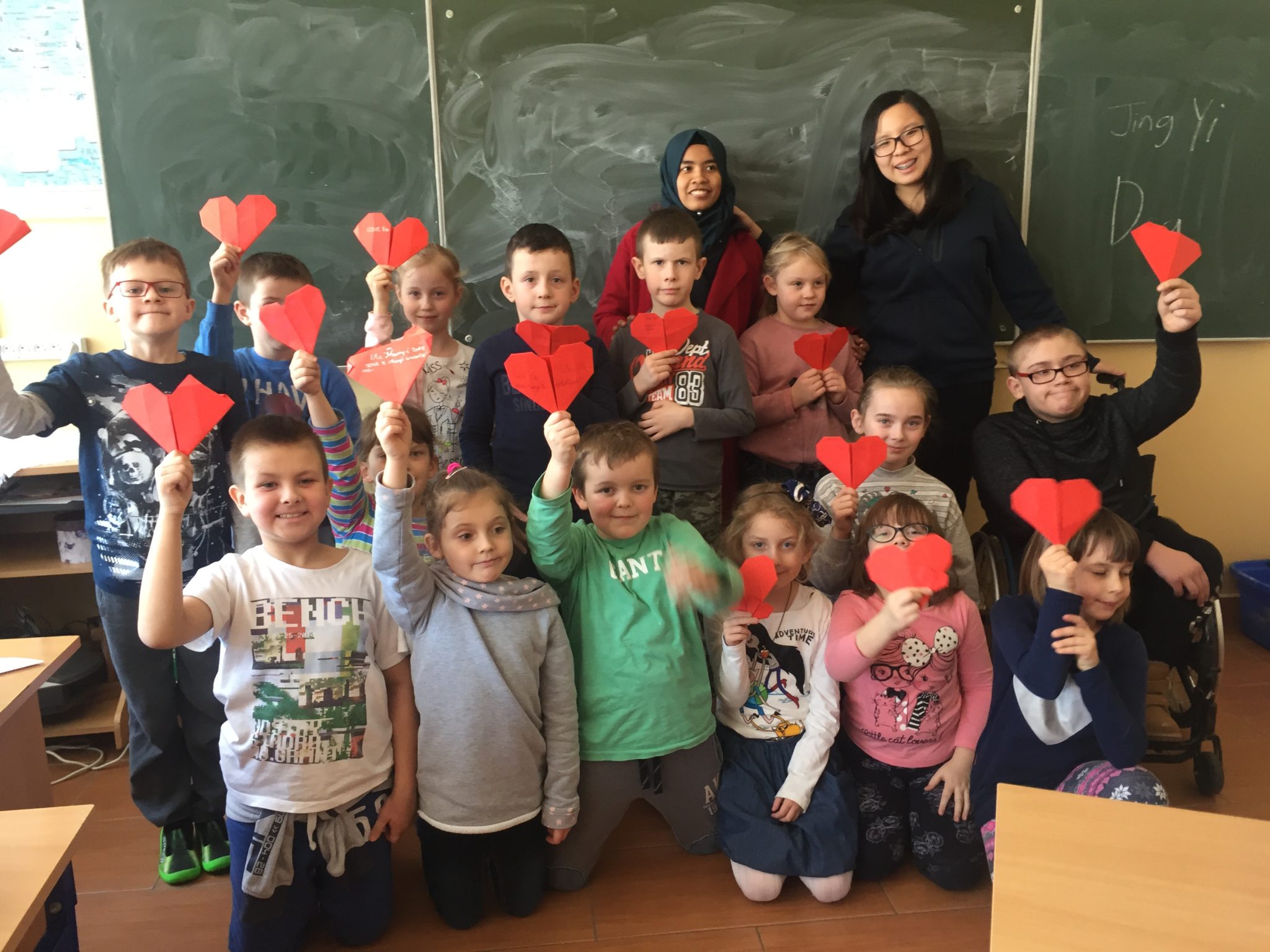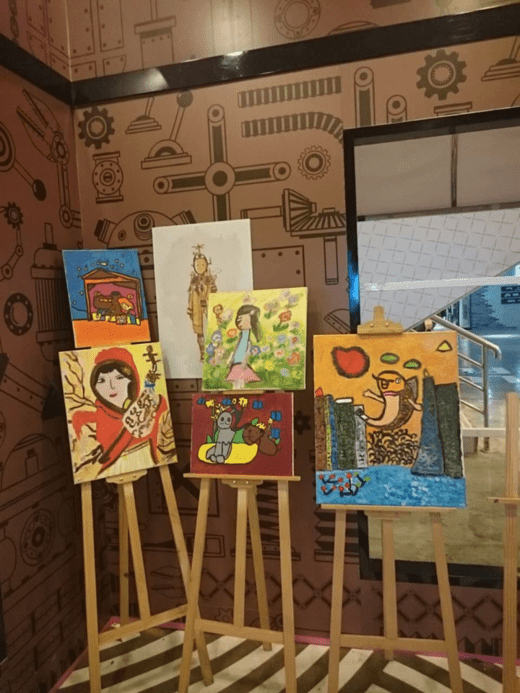Jom Pergi Sri Lanka is back, folks!
Today, I’ll be talking to Lim Yang Kwang, a dear friend and a fellow AIESECer who completed his volunteer exchange to Sri Lanka early this year. In case you missed out, he was one of our very own AIESEC in Malaysia GCP Ambassadors.
J: Let’s start off with the most important question of all – how did you tell your family and how did you get their support?
K: After 1 year in AIESEC, my mom still didn’t know what AIESEC was. So one day, I asked my mom to sit in front of my laptop and I showed her our website and basically gave her an AIESEC presentation – like Introduction Night!
I explained why we believe so much in youth leadership experiences and how global understanding can be achieved through exchange, as well as the exchange process itself. In Global Citizen Programme (GCP), you’ll always have an AIESECer to support you before you leave Malaysia, and if there’s any danger or crisis, you can always contact the AIESECers in that country. After that, she finally understood why I put so much time into AIESEC and so when I told her I was planning to go for a winter exchange, I could see that she felt relief and assurance – she knew I was doing something positive and not something to be worried about.
J: I think that’s a really amazing thing to do, Kwang. One of the first and biggest challenges we face as an Exchange Participant is leaving our family behind. Family-wise, what was your biggest challenge?
K: During my exchange, my mom called me often, always asking if I had enough money or food. I could feel that she missed me. But the connection with my family became better during my exchange. Because of the time difference, our conversations didn’t last long, we were always busy with something. That was definitely a challenge. But everyone made an effort to stay connected and that made our bond become stronger.
J: Let’s talk about why you chose Sri Lanka. Isn’t there an appeal to go to popular countries like China or Taiwan for exchange?
K: When I signed up for this Global Citizen Programme, I only knew that Sri Lanka was a country near India. Ultimately, I chose Sri Lanka because it is a new country I’ve never been too, and I believe its culture is very different to what I’m used to. I wanted to challenge myself and my endurance. I also wanted to have an experience in a very rural and undeveloped country, because I really like to see how people can find happiness in the simplest things in their every day life.
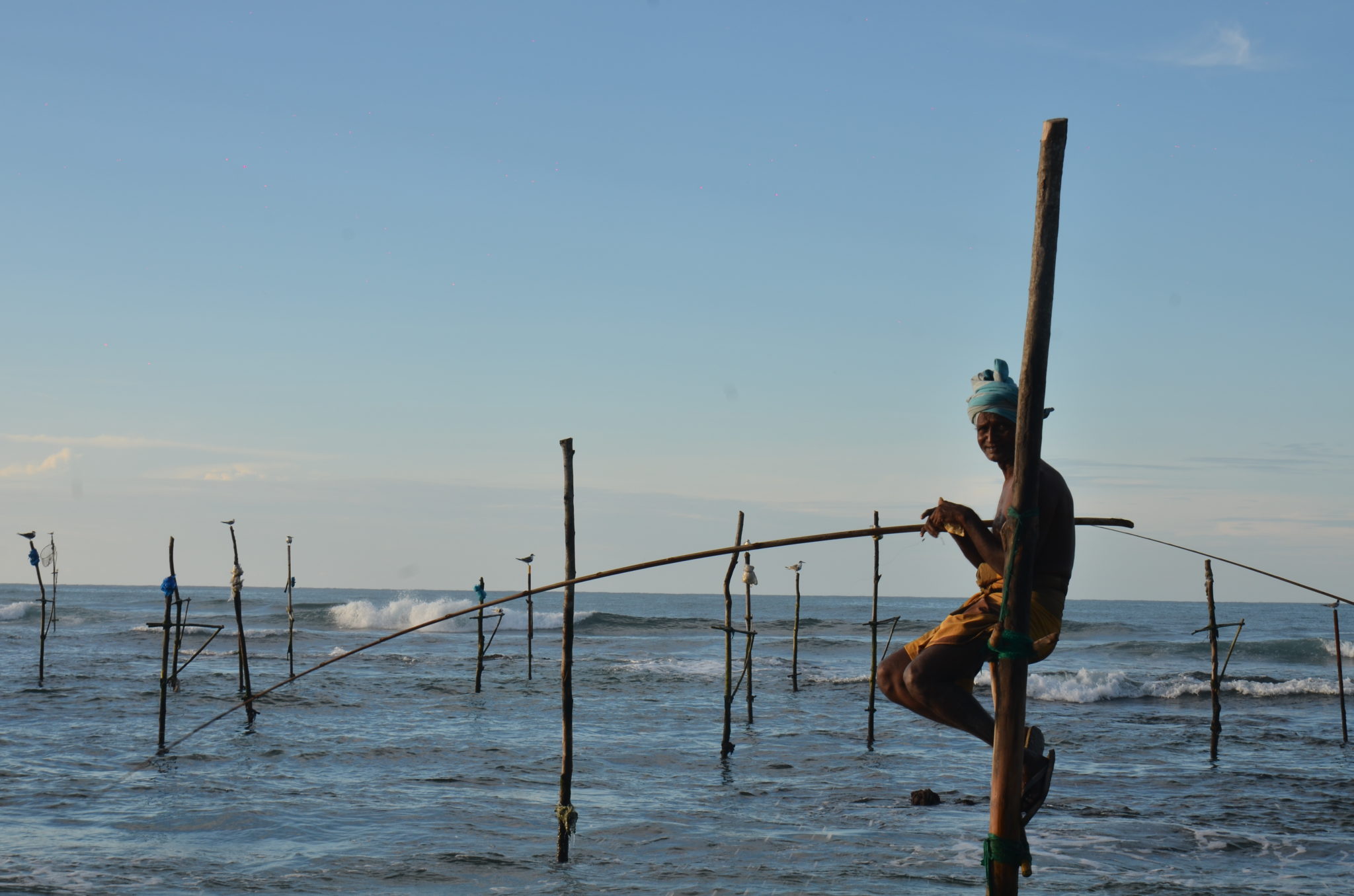
J: But why did you decide to sign up for exchange, instead of just going for a holiday?
K: I personally love volunteering opportunities, because it gives a different sense of achievement, being able to put my whole heart and effort into contributing to a better cause. When travelling or on a holiday people tend to explore the beautiful side of the country, but volunteering exchange is very different with travelling because you get to see the good and bad side of the community. Through that I was able to gain something to apply in my life and improve myself as a person.
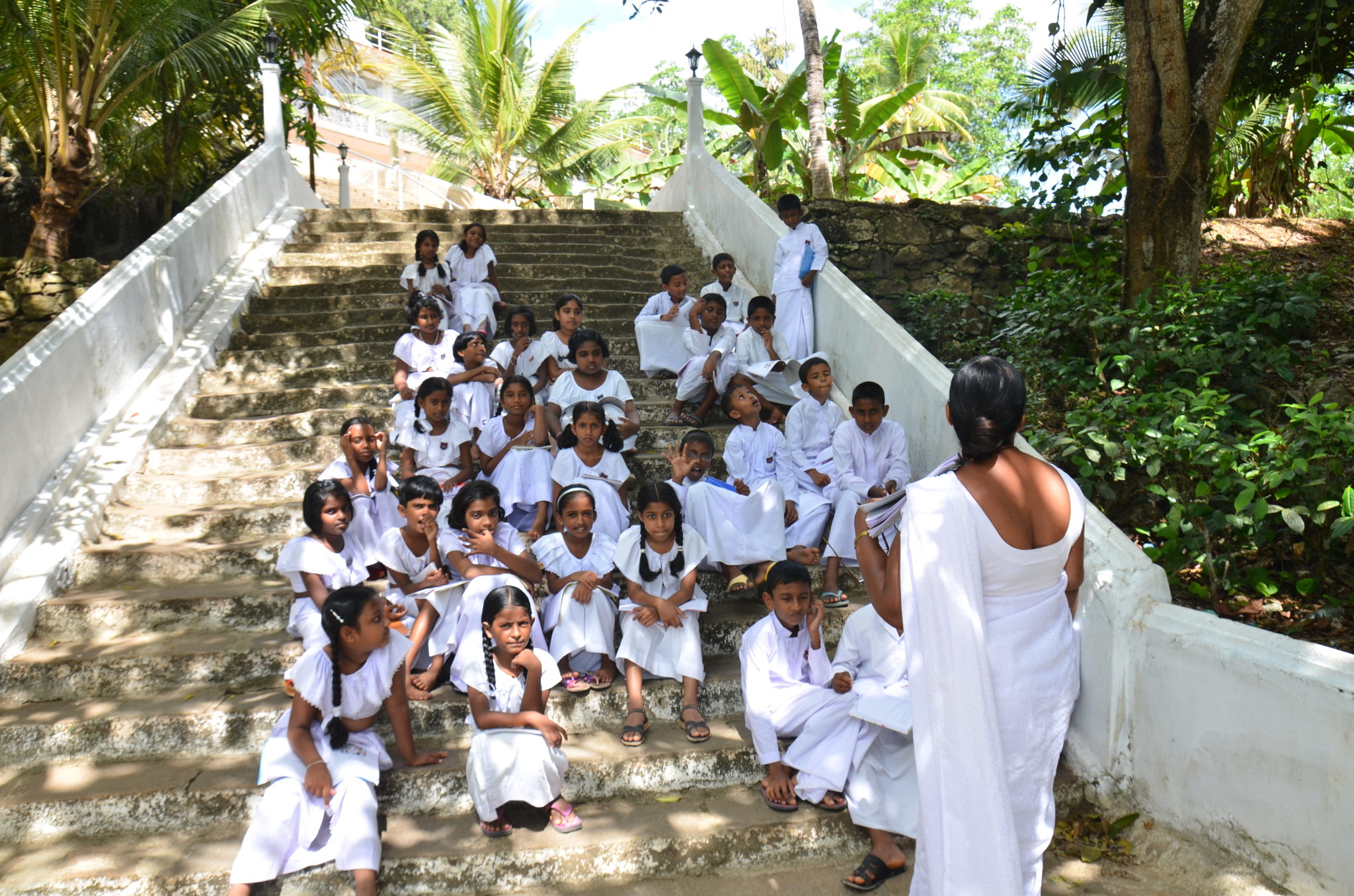
J: I totally get what you mean. So tell us a little about your volunteer project!
K: I participated in Heal A Nation 3.0 – a sex education project where we travelled around the country to different high schools and universities to deliver workshops about sexually transmitted infections (STIs), HIV and other non-communicable diseases (NCD). There were six of us in my team, coming from countries such as Indonesia, Brazil, Australia and China. And of course, I’m from Malaysia. It was a really diverse team!
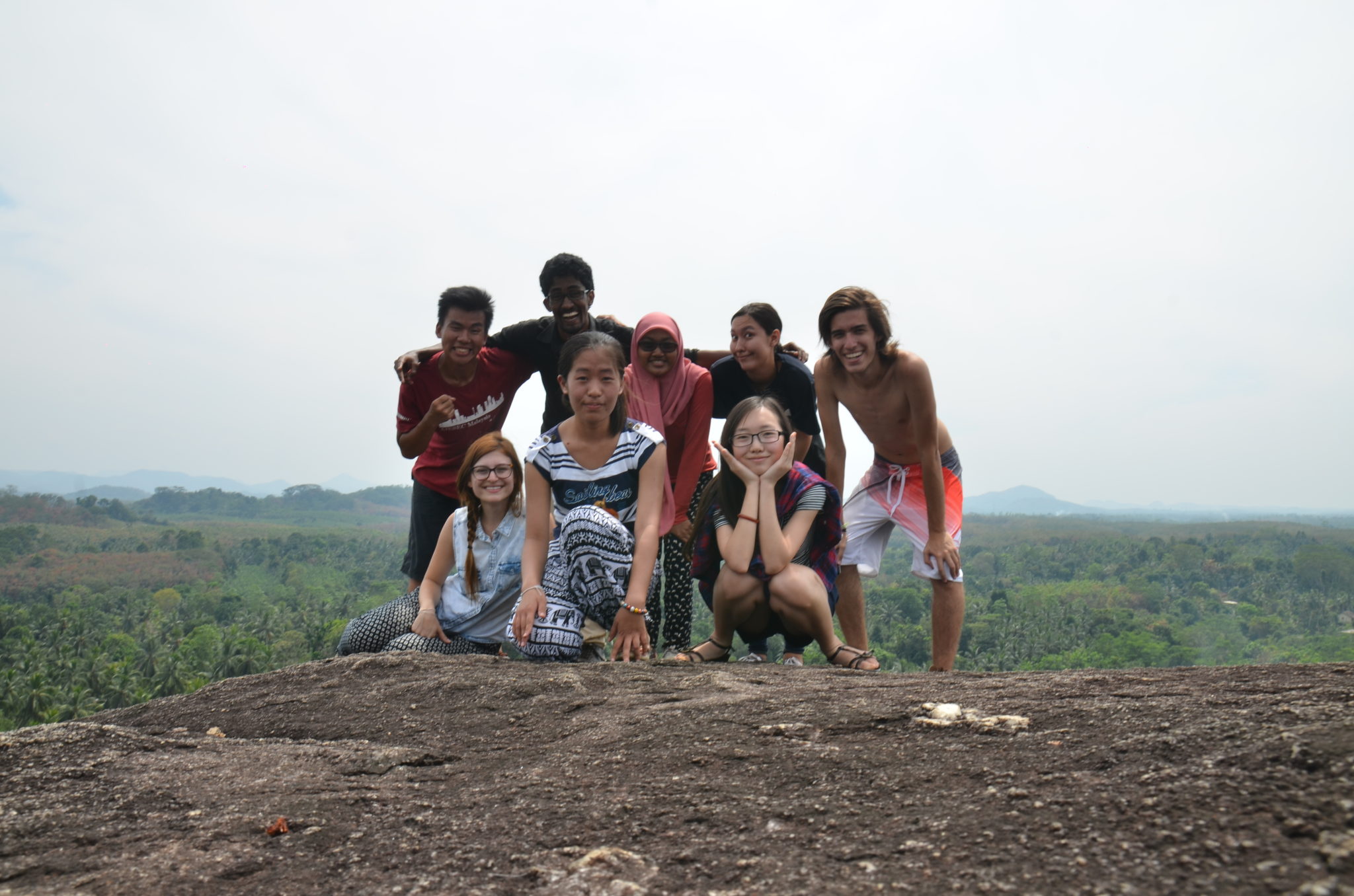
J: It was! How did you manage your budget? I remember being constantly worried of going over budget and being stranded without enough money when I was in Vietnam.
K: I really tried to limit myself to a certain amount per day so I didn’t overspend. I also tried to record my spending every day on my phone so I could manage my budget better. I realized I didn’t activate my card for overseas transactions, so my mom had to transfer money to me through Western Union, and I just went to the nearest bank to receive the money.
J: What are some of the difficulties you faced? I’m sure there was more than one!
K: My flight to Sri Lanka was just three days after my last exam paper. The day I finished my exam I actually contracted dengue fever. I became very sick. On the day of my flight, I was really scared that I wouldn’t be able to pass through the immigration, even though I was feeling better. My EP Manager, Yin Siew, constantly reminded me to take medication and water and go to the clinic if I didn’t feel well. So I would like to thank her for that! In that moment she was very caring and did more than what an EP Manager would normally do.
In the project itself, people in Sri Lanka aren’t really exposed to sex education unless they study Biology. Overall, not many youths talk about it freely – it’s considered a taboo. So there were definitely challenges trying to present the material to them. Our very first workshop had an attendance of 150 students and for some of us it was the first time talking in front of such a large audience. But the team managed to be really brave and do something they’ve never done before. At the end of the day, we had to revise our presentation slides, but there was definitely improvement.
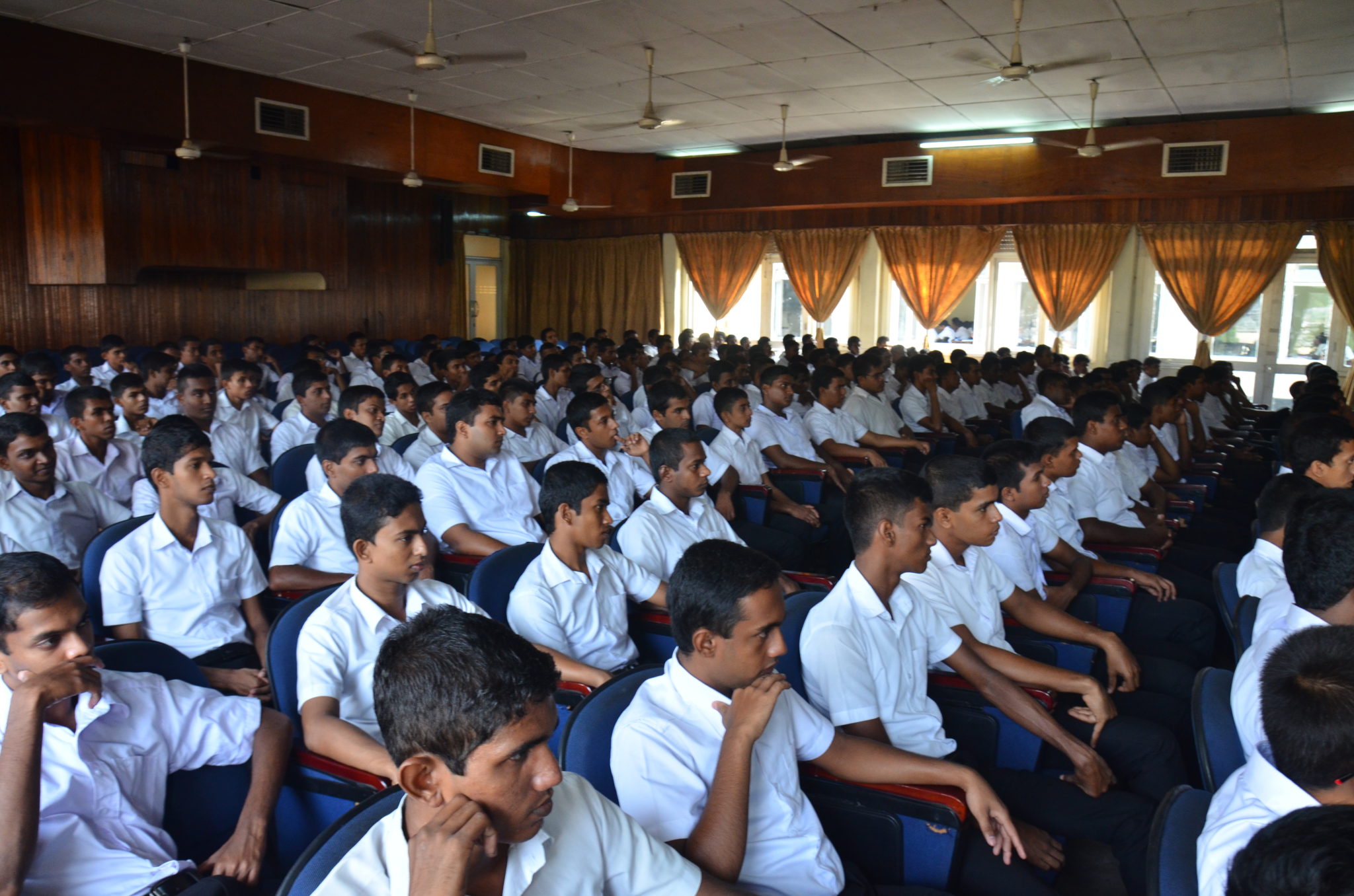
As the weeks went by, I could definitely see some changes! We delivered sessions to 500 students in total, and it was heartwarming to see the students writing appreciation letters to our team. I really believe we did make an impact.

J: If you had to pick out your most memorable moments, what would they be?
K: Sri Lanka is a Buddhist country, so the people are accustomed to practicing kindness and doing good deeds. Their generosity really comes from the heart. The strangers I met were very willing to help, and if they can’t, they’ll find another way to help.
There was one time I planned to travel alone on foot to a place deep within the village. On the way out, an old man offered me a ride on his bicycle. He didn’t speak English, but we managed to communicate through hand gestures. It was too hard for him to balance the both of us, so he got off his bicycle to walk with me. He just pushed his bicycle next to me until a motorcycle passed by. It turned out to be someone he knew, so he asked his friend to take me to the main road, which was about 4km away! Even though the sun was very hot that afternoon, I still felt their warmth and kindness. At that moment I thought to myself, “Why can’t there be more people like this in the world?” I will remember his face for life.
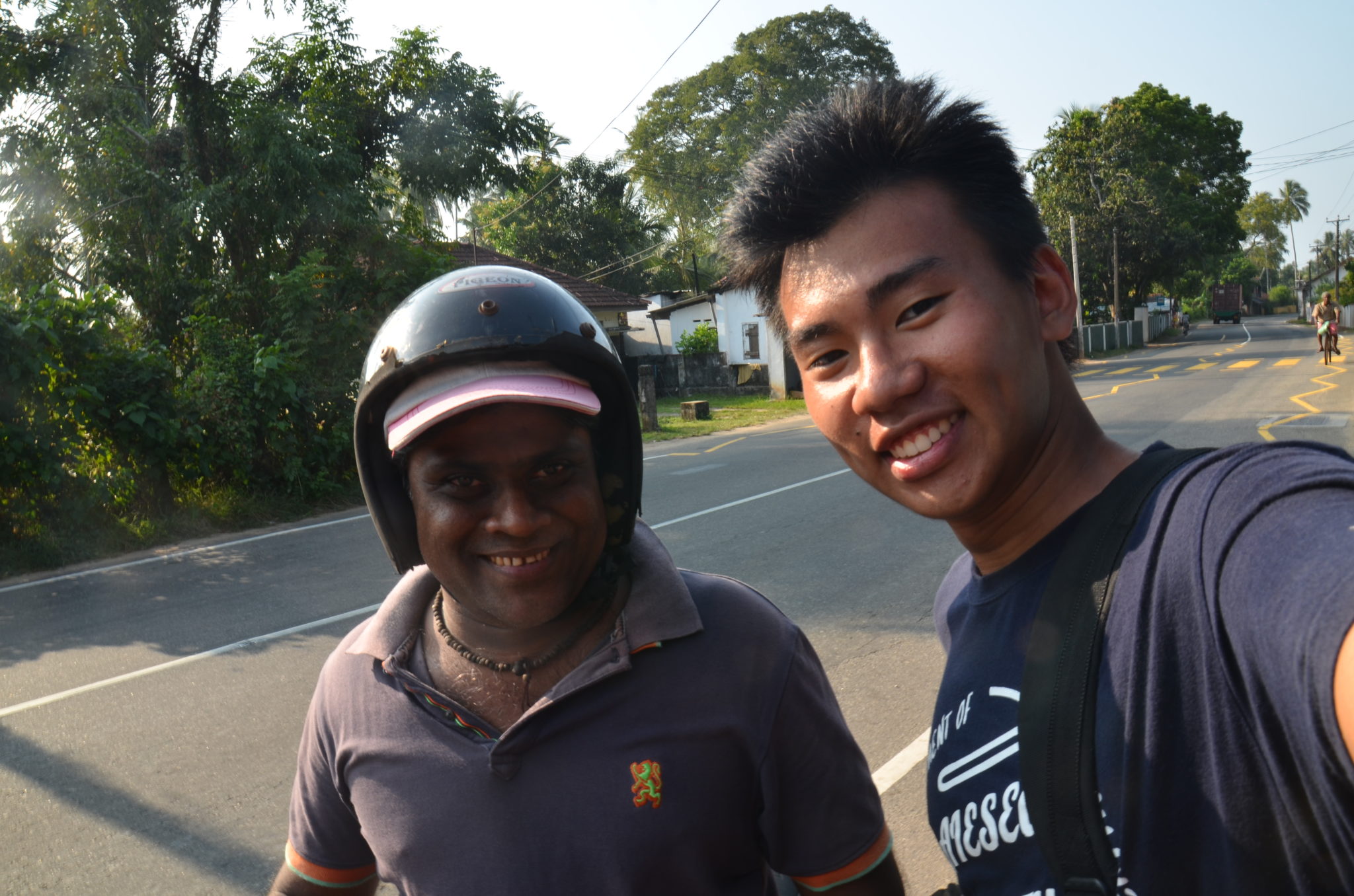
Another time, my teammate and I went travelling together. In the guesthouse, we were sitting in a circle, sharing the things happening in our own countries. We were able to talk candidly about religion, education system, social issues, politics and governance and that really opened my eyes. It was truly a Global Citizen moment. We had fun, but also honest and true sharing to understand what is really happening in the world to avoid any misunderstanding.
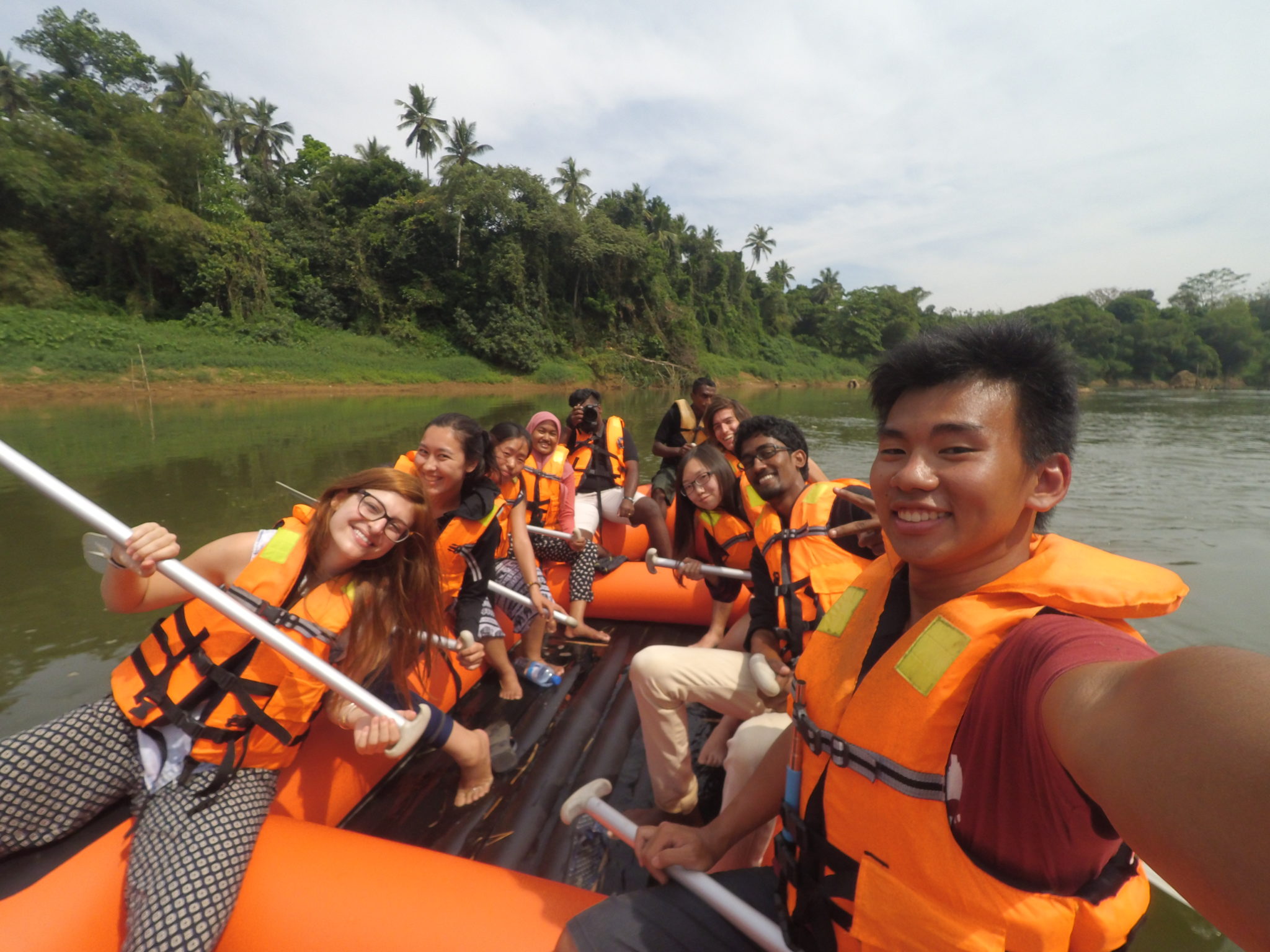
J: How have you changed since coming back from Sri Lanka? You definitely look thinner and tanner!
K: My biggest change is how I am able to interact with people from different backgrounds. My teammates came from various backgrounds and held different beliefs. We were all strangers at first, but in a short amount of time, we learned about each other and learned to accept opinions when people spoke their mind.
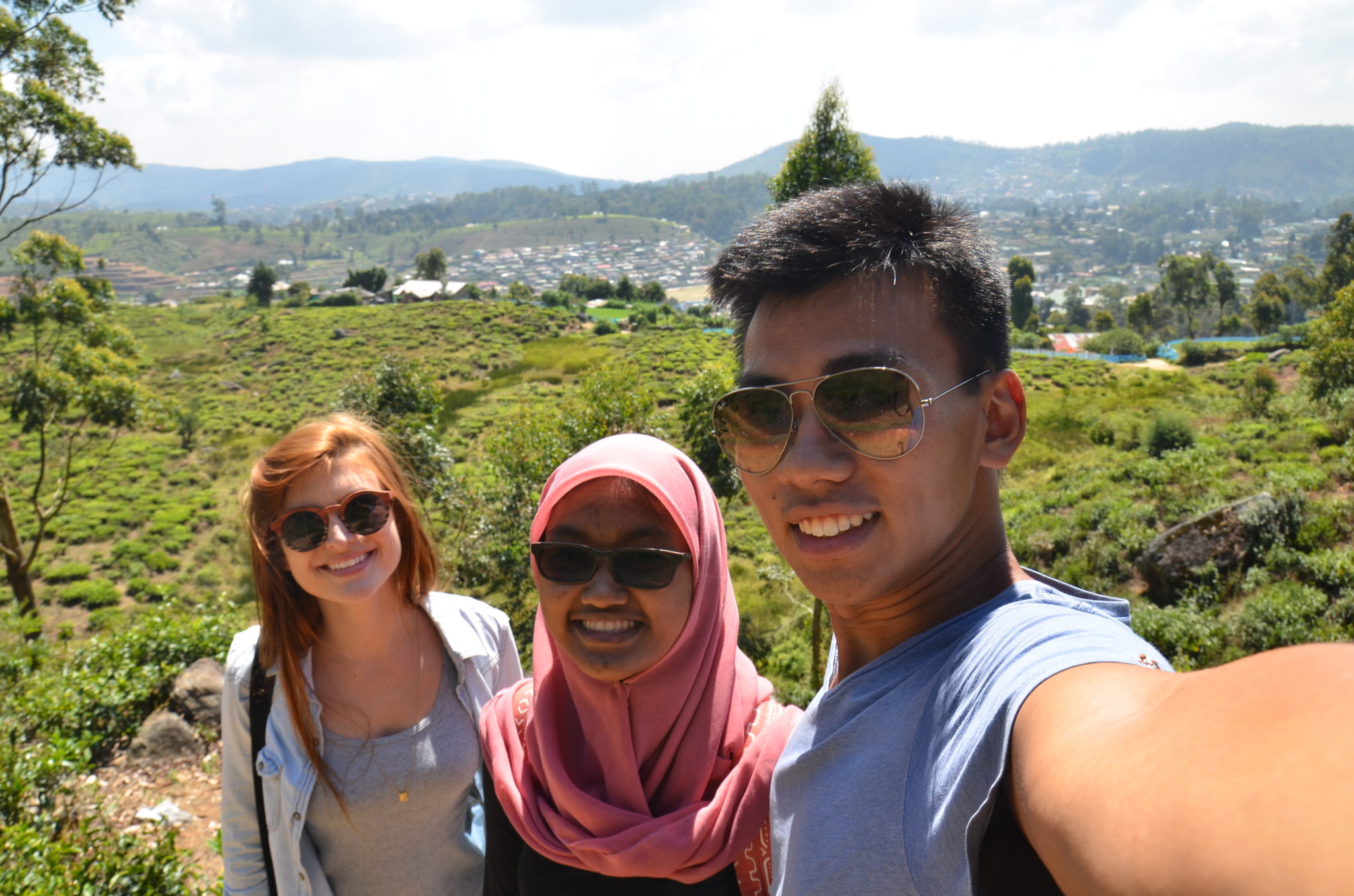
I noticed that Malaysian youth are more reserved and sometimes they don’t grab the opportunity to express themselves. I think we can learn to abandon our fear of being laughed at and to practice being confident and brave in what we say. Say bye to your fear!
J: A lot of people seem to say they that don’t dare to travel because they fear terrorism and other dangers are on the rise, what do you think about that?
K: Events like earthquakes or bombings occur out of our control. We definitely can’t foresee it, but we can take precaution steps to minimize the impact. The most important thing when you’re living in a foreign country is to pay attention to the news and your immediate environment. News is a reliable source, but sometimes it might not be in a language you understand. So it definitely helps to interact with the locals, because they’ll be able to help you. Obey the laws and rules of the country, and remember to communicate with your EP Manager and EP Buddy, because they will be able to advise you in times of difficulties, and keep your friends and family back home informed of your whereabouts as well.
J: Lastly, what would you like to say to all the parents out there?
K: If there is one thing every parent and children should know, it’s this – don’t limit yourself to what you have right now. Go out there and explore what is in the world, get knowledge how people in different parts of the world are living their lives.

To the parents, you cannot safeguard your children all of their lives. Eventually one day they will have to leave the house and work and built families of their own. I see exchange as a good opportunity to learn something and rise and fall for themselves. There will be AIESECers to facilitate every stage of their experience, and it’s a great way to get their hands dirty on things they are passionate about. I believe exchange has the ability to shape their behaviour and allow them to realize what is important to them and what kind of people they want to be in the future.
I think if I hadn’t gone on exchange, I might have just stayed at home during the holidays. Much like all the other students out there. But this was a chance for me to do something different. After spending a long time in a foreign country, the moment I was about to leave I realized there was a part of me that didn’t want to go back. I became very connected to the places I’ve been to, places so familiar and recognizable that it felt like home in those 6 weeks. Even the people felt like neighbours and friends. Reflecting back on what I did in that 6 weeks – it was a journey of self-discovery and it was completely worth it.
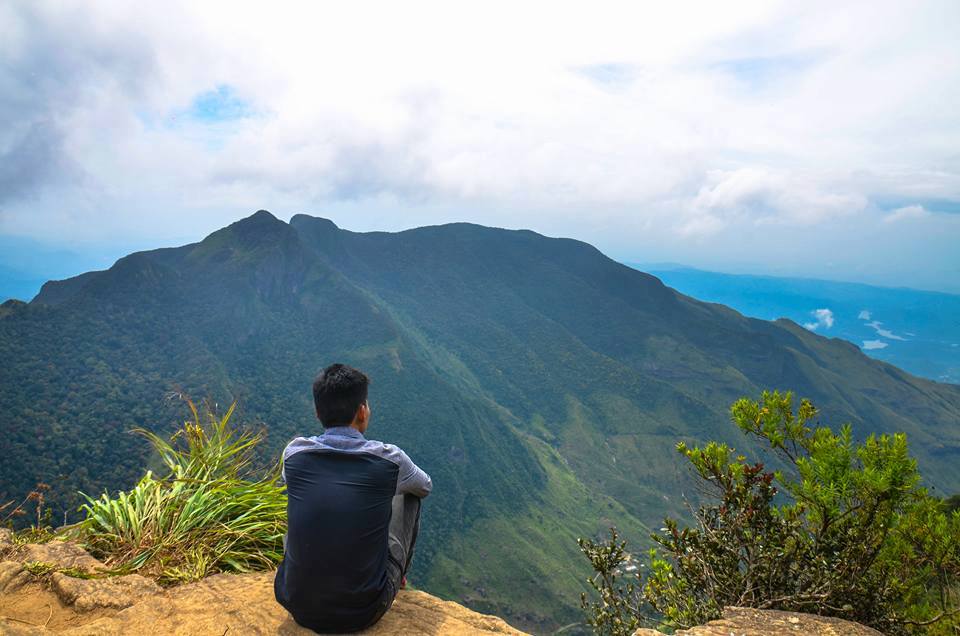
The truth was – I struggled with this particular post. Writing about the 5 reasons you should visit Sri Lanka was the easy part of this series. Because how could I sum what was a person’s life-changing experience in just words? Could I capture the happiness, the excitement, the anticipation, the sadness, the ‘I miss you’s and ‘I love you’s and ‘I’ll see you soon’s?
And the truth is, I can’t. Some things just have to be felt in the flesh. So as I write this, the hope is that you’ll be moved to experience your own life-changing journey, as Yang Kwang and I and the other 849 young Malaysians did last year. This morning, I saw a Facebook update about our first batch of Polytechnic students arriving at Cambodia. It’s the start of an adventure, a life-changing experience for them. And I can’t wait for you, dear reader, to get yours.
Last summer, Jessie Yong took up roots in Danang, Vietnam for a climate change project – iNature. Her life has never been the same since.


